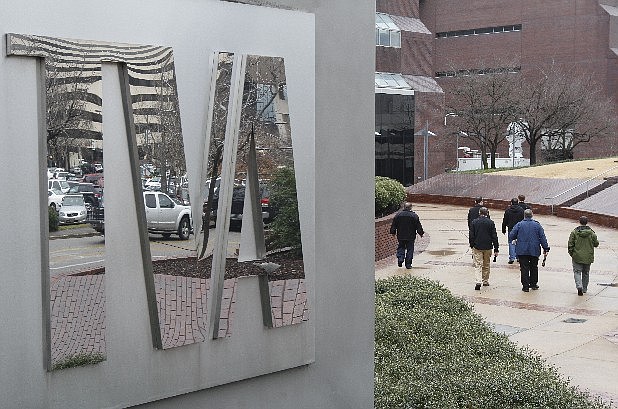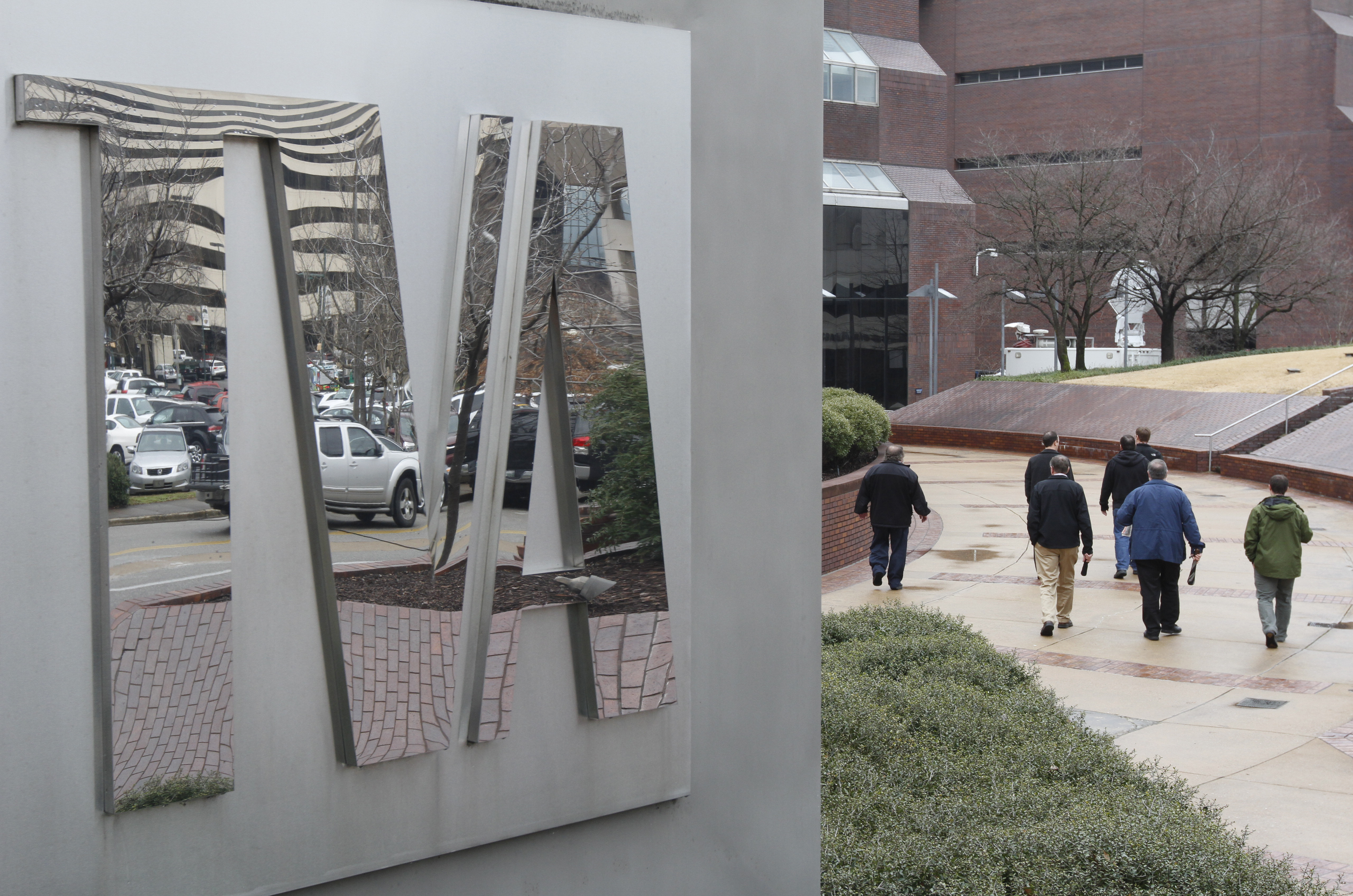The biggest government utility could shift from federal to state control if Congress goes along with a proposal from the Obama administration to sell the Tennessee Valley Authority.
In the White House budget plan for fiscal 2015 released Tuesday, the Office of Management and Budget suggests the federal government consider transferring or selling TVA to state and local governments, power cooperatives or energy companies in the Tennessee Valley. The proposal advances the controversial idea floated by the Office of Management and Budget a year ago for the federal government to dispose of the 81-year-old TVA to help cut the federal debt associated with the government-owned utility.
"The administration continues to believe that reducing or eliminating the federal government's role in programs such as TVA, which have achieved their original objectives, can help mitigate risk to taxpayers," OMB suggests in its budget plan for next year. "The administration recognizes the important role TVA serves in the Tennessee Valley and stands ready to work with the Congress and TVA's stakeholders to explore options to end federal ties to TVA, including alternatives such as a transfer of ownership to state and local stakeholders."
The plan was immediately denounced by Tennessee's senior senator and former governor Lamar Alexander, R-Tenn.
"The president's budget writers should spend more time figuring out how to reduce runaway entitlement spending, instead of thinking up new ways to sell TVA," Alexander said.
Most congressional members in the Tennessee Valley are likely to balk at the idea of selling TVA, which was created in 1933 as part of Franklin Roosevelt's New Deal to help electrify and aid impoverished parts of Appalachia. TVA harnessed the power of the Tennessee River with 29 power-generating dams to produce relatively cheap electricity and bring river navigation, recreation, flood control and even fertilizer development and malaria control to its seven-state region.
TVA became a self-funding agency in 1959 and stopped receiving appropriated funds from Congress in the 1980s. But even as an independent federal agency, TVA's debt is counted in the U.S. debt and bonds issued by the federal utility enjoy the implied backing of Uncle Sam.
In its budget for fiscal 2015, TVA projects its debt and debt-like obligations will increase next year by $394 million to $28.8 billion. TVA has a borrowing cap of $30 billion.
TVA's debt is a nearly immeasurable blip on the scale of the federal government's $17.5 trillion debt. U.S. Sen. Bob Corker, R-Tenn., said Obama's budget doesn't address the growth in entitlements that account for most of the government's future debt obligations.
"I think everyone understands that this budget proposal is not a serious document and will have no effect on policy," Corker said. "Unfortunately, the administration continues to be unwilling to deal with the critical issue of putting our fiscal house in order."
TVA and OMB officials have been studying the financial status of TVA and options for its future over the past year in closed-door meetings.
OMB praised the fiscal path laid out by TVA President Bill Johnson since he joined TVA in January 2013. Johnson has pledged everything from cutting $500 million a year in operating expenses and holding the line on TVA's debt to scrapping some plants and delaying completion of others because of the slowdown in the growth of electricity sales.
"TVA has undergone a major internal review and taken significant steps to improve its future operating and financial performance," OMB said.
Harold DePriest, president of EPB and former chairman of the Tennessee Valley Public Power Association, said he has been impressed by Johnson's leadership and steps taken to ensure TVA's financial viability.
"TVA is definitely moving in the right direction," DePriest said. "But I don't think you could afford to take TVA over unless the federal government gives it away to you."
In 2007 some of the 155 power cooperatives and municipalities that distribute TVA-generated power formed the Chattanooga-based Seven States Power Corp. to buy some of TVA's new generating assets. Proponents of the effort claim that local ownership of TVA, which is primarily a regional agency, would help ensure that the agency is focused on helping the Tennessee Valley, not the financial interests of the federal government.
But the mere mention of selling TVA or transferring it from federal sponsorship threatens to drive up TVA's bond rates, which investors assume under the current federal ownership would be backed by the federal government if TVA were to somehow default on its debt.
TVA said in its most recent annual report it has $24.8 billion in statutory debt counted against its debt cap. The agency is asking employees to decide by next week whether to participate in an early retirement program to help reduce the agency's 12,612-employee staff and cut more operating expenses.
The Obama administration budget also suggests that one potential future nuclear fuel source for TVA may be cut off. OMB is recommending that the Mixed Oxide Fuel Fabrication Facility in South Carolina be shut down and the government look for another way to dispose of radioactive plutonium from disassembled nuclear bombs. The project's price tag has swelled to $30 billion, which OMB said is no longer competitive.
"NNSA (National Nuclear Security Administration) is evaluating alternative plutonium disposition technologies to MOX that will achieve a safe and secure solution more quickly and cost effectively," OMB said.
TVA had agreed to study the use of the MOX fuel for its Sequoyah and Browns Ferry nuclear plants.
Contact staff writer Dave Flessner at dflessner @timesfreepress.com or at 757-6340.

